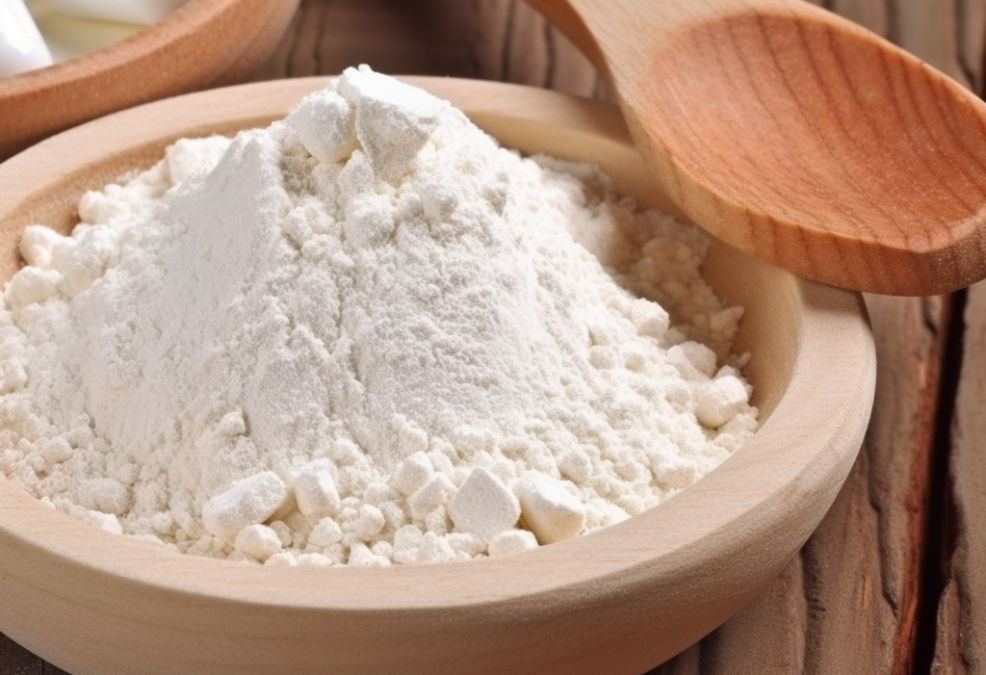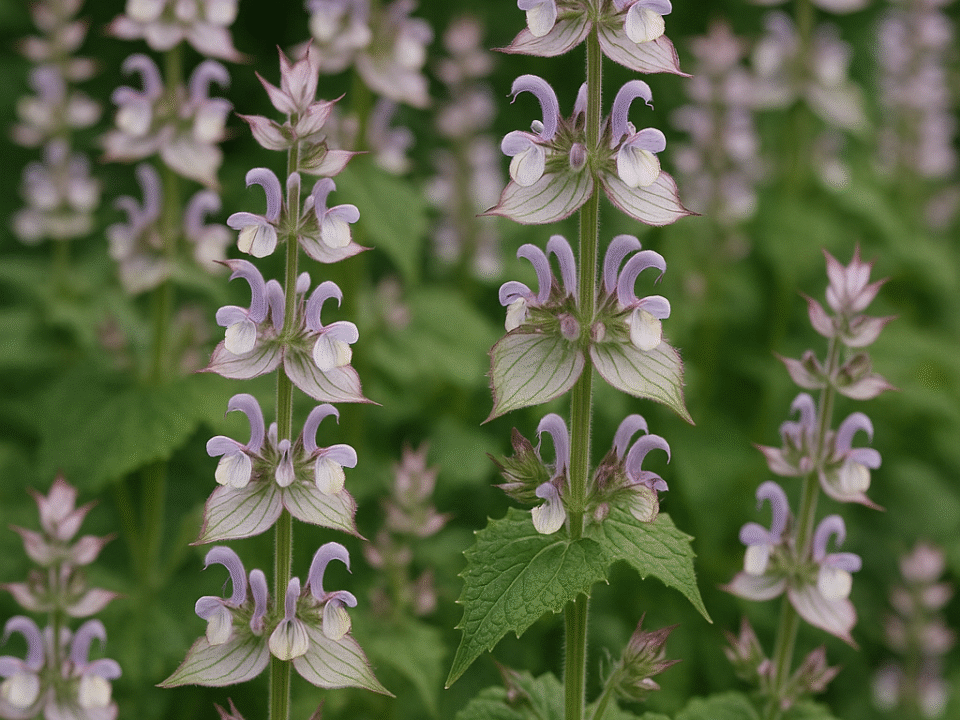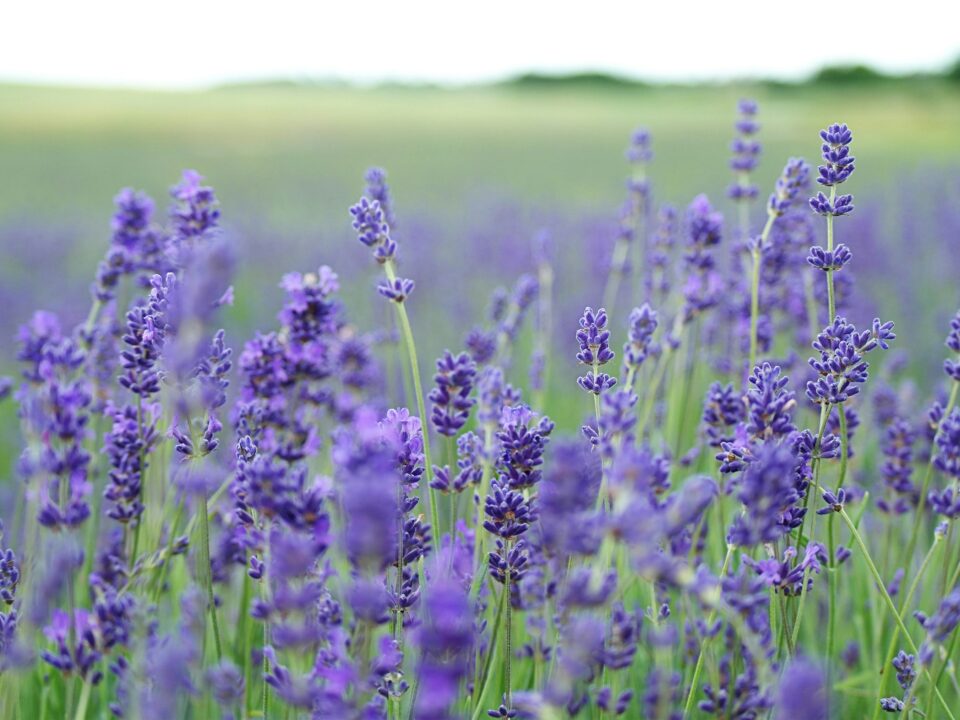
Arginine, an amino acid, was initially identified in 1886 from yellow lupin seedlings by German chemist Ernst Schulze and his assistant Ernst Steiger. Its name originates from the Greek term “árgyros” (ἄργυρος), meaning “silver,” reflecting the silver-white appearance of arginine nitrate crystals. Arginine is categorized as a semi-essential or conditionally essential amino acid, dependent on an individual’s developmental stage and health status.
For most healthy individuals, supplementation with arginine is unnecessary since it is naturally present in all protein-containing foods and can be synthesized in the body from glutamine via citrulline. However, during specific physiological stress, like recovery from burns, injury, or sepsis, or if the major arginine biosynthesis sites in the body have reduced function, dietary arginine becomes essential. It is also found in both animal and plant products, including meat, dairy, eggs, grains, beans, and nuts.
In the realm of cosmetics and skincare, arginine serves multiple purposes, such as protecting the skin against free radicals, promoting hydration, and facilitating collagen production.
Arginine exhibits antioxidant properties, serving to neutralize unstable molecules known as free radicals. These radicals are detrimental as they lead to the early onset of wrinkles and fine lines on the skin by causing harm to vital cellular elements like the cell membrane, DNA, and cellular proteins such as collagen. The deterioration of collagen, a crucial element, significantly contributes to the visible signs of ageing on the skin. Thus, the application of topical antioxidants like arginine holds the potential to advantageously protect the skin from the damaging effects of free radicals.
Arginine also serves an additional purpose of enhancing skin moisture by functioning as a humectant. Acting in this capacity, a humectant draws moisture into the skin from the surroundings and secures it within the skin. Research also suggests that arginine may play a role in synthesizing essential components of the skin’s Natural Moisturizing Factor (NMF), including ceramides, cholesterol, urea, and glycosaminoglycans. Collaboratively with the naturally occurring lipids in the skin, these NMF components contribute to maintaining the skin’s surface integrity, suppleness, and optimal hydration levels.
Lastly, arginine finds common usage in anti-ageing skincare products due to its promising capacity to assist in collagen production. Research studies propose that when arginine undergoes metabolism to urea and ornithine through the action of the enzyme arginase-1, it generates L-proline. L-proline is an amino acid essential for collagen synthesis, a protein vital for enhancing skin firmness and reducing ageing indications. Hence, this potential attribute of arginine holds the promise of promoting skin health and combating the effects of ageing. Additionally, arginine’s potential role in supporting collagen production may also expedite the wound-healing process.
In terms of safety, the Cosmetic Ingredient Review (CIR) Expert Panel has evaluated the safety of arginine and similar alpha-amino acids. With a maximum allowable concentration of 18% in formulations, arginine is considered safe for use in cosmetics and personal care products based on dermal irritation and sensitization data.



